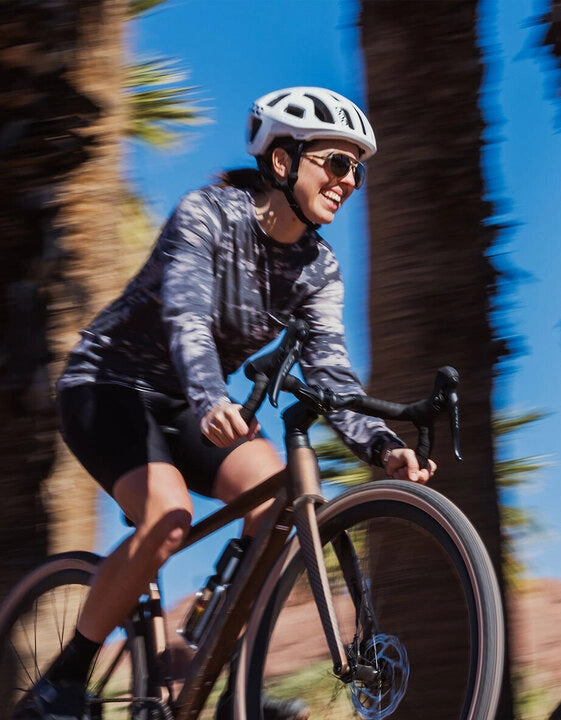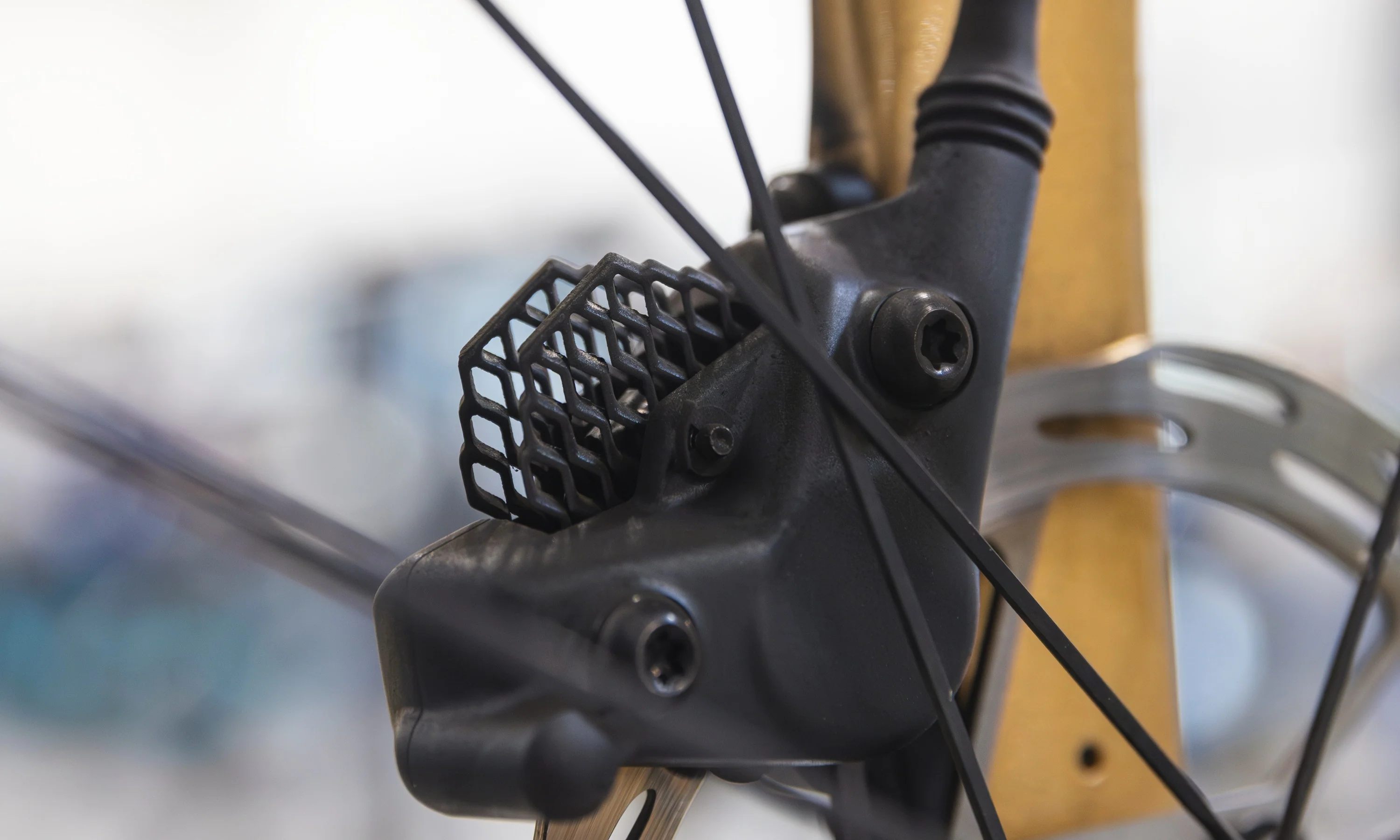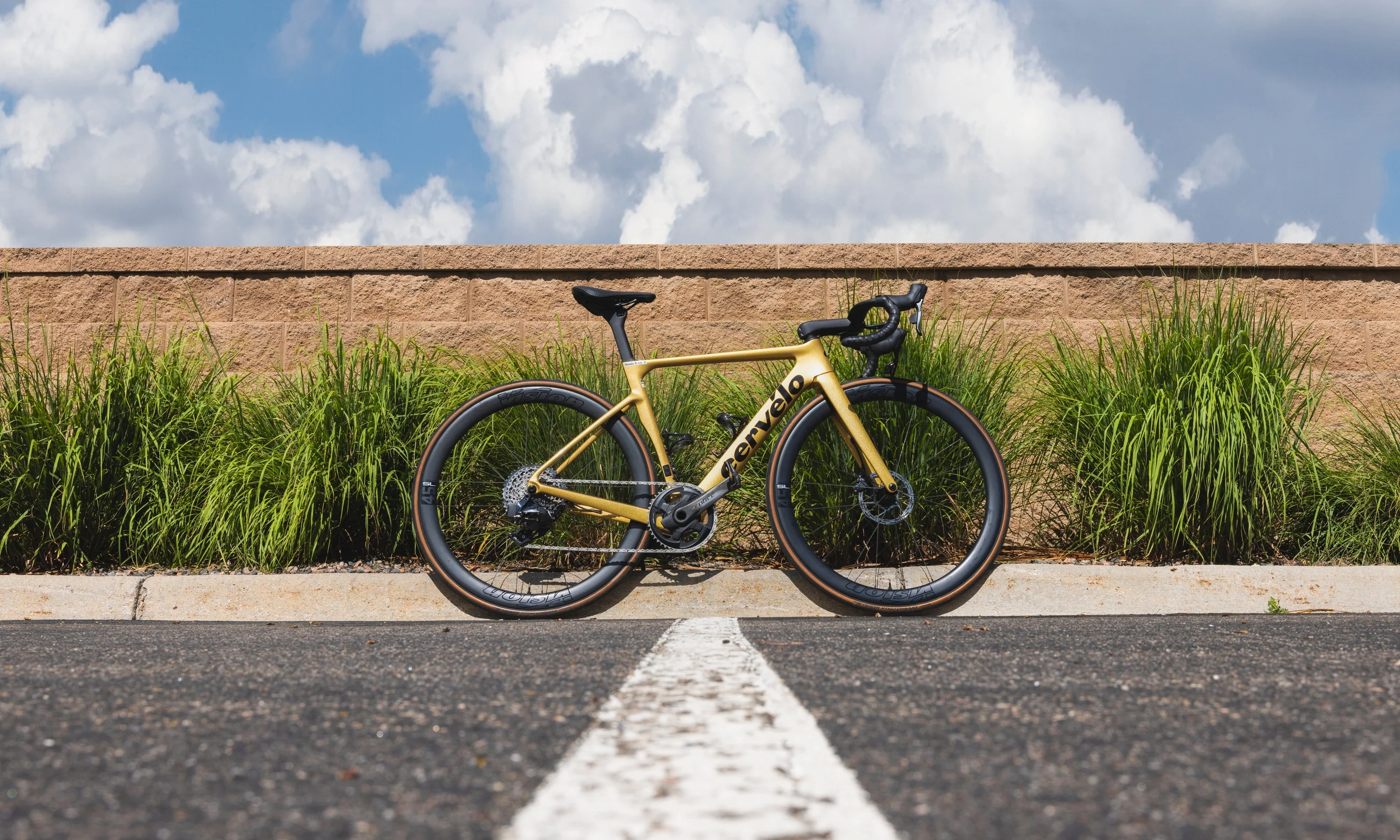With 328 victories over the course of his career, Davis Phinney is the most prolific cyclist in U.S. history. Fortunately for us, he lives right here in Boulder, Colorado. With the Tour de France underway, we couldn't resist a chance to sit down with him to hear about his first victory in the Tour, which he earned in his debut at the world's biggest cycling race.
Davis Phinney was convinced that he had not won stage 3 of the 1986 Tour de France. He had won the sprint, the crowd was going crazy, but as far as he was concerned, his small breakaway group was merely scuffling for second-place.
“Davis, that was incredible! You won,” shouted VeloNews’s John Wilcockson as Phinney rolled to a stop after the line in Lieven, France. Phinney couldn’t believe it. He didn’t believe it.
“He looked at me like I was deranged,” Phinney says, remembering Wilcocksen’s reaction.
The legendary journalist was correct, however. Phinney had just won his first Tour de France stage in his debut at the world’s biggest cycling race, becoming the second American to win a Tour stage after Greg LeMond. The victory capped off a whirlwind three-day start to the Tour for Phinney’s 7-Eleven team, which was also in its first Tour.

Phinney and the trophy he won at the 1986 Tour. Photo: Caroline Tan | The Pro's Closet
From the beginning of the 73rd Tour, the American team's riders were racing with a chip on their shoulders. They came to the race as outsiders, even though they’d won two stages in the Giro d’Italia the year prior.
“There was a certain hubris of youth that we had,” Phinney says. “If they were going to treat us like cowboys, well we were going to act like cowboys instead of emulating the Europeans.”
Even some fellow Americans had doubts about the 7-Eleven team’s prospects at the Tour. Phinney remembers one U.S. cycling insider asking him point-blank, “What are you guys doing here?”
But right away on stage 1, the team answered that question emphatically. Following the prologue stage, 7-Eleven’s lone Canadian rider Alex Stieda went on the attack and scooped up enough bonus seconds to take over the yellow jersey. Back in this era, the Tour often raced two stages in a single day. So, after his coup in stage 1, Stieda and the Americans (plus the team’s Mexican rider Raul Alcala) lined up to race the stage 2 team time trial that afternoon.
That second stage, on the afternoon of July 5, exposed the 7-Eleven team’s inexperience.
“Things came apart when we railed a turn too fast and half the team crashed,” Phinney says.
Stieda was at the end of his rope. Between the crash and the morning efforts to take the yellow jersey, he couldn’t hang with his team. Jeff Pierce and Chris Carmichael stayed behind to help him to the finish. The rest of the 7-Eleven riders carried on to finish a dismal 19th out of 21 teams. Stieda made the time cut, but just barely, with 20 seconds to spare.
So, Phinney and his 7-Eleven teammates started stage 3 a bit humbled after the high of half-a-day in the yellow jersey. By his own admission, they struggled in the peloton and were constantly being pushed to the back of the bunch.
“I would look between my legs, and all I saw behind me was the red and white Murray frames our team was riding,” he says.
As they got closer to stage 3's finish town in the northern tip of France, Phinney saw an opportunity. The narrow European roads widened for a moment, the pace eased, and Swiss rider Robert Dill-Bundi shot past on the outside. Phinney hopped on his wheel, simply hoping to move up into a better position in the group. He soon realized that Dill-Bundi was launching a full-on attack to break away.
Their small breakaway group worked well together, but on a short hill near the finish, a Spanish rider escaped on a short hill. Coming into the last kilometer of the 214km stage, they were all convinced they were sprinting for second place.

Photo courtesy VeloNews
“I was so totally relaxed because I thought I was only sprinting for second,” says Phinney. Plus, he realized the gradual uphill finish favored his sprinting style, which relied on brute strength. “It was a perfect finish for me, slightly uphill at a 3% grade. Those were the days before 11-tooth cogs, so on a flat finish I couldn’t usually use my arms to sprint because I would run out of gears.”
He looked over his shoulder, saw the peloton bearing down on them, launched his sprint and barely crossed the line first after sitting up in the final 20 meters.
What about the Spaniard? How had Phinney managed to win a stage in his Tour debut on a team that was generally looked down upon by the European establishment?
It turned out that the Spanish attacker had flatted on the run into Lieven. With fans lining the road, no team car or motorcycle to assist him, and in the era before race radios, no one in the break saw the flat-stricken rider on the crowded roadside.
Gradually it dawned on Phinney that he'd won the day. Wilcockson was right all along.
Looking back at his win, Phinney notes how special his stage winner's trophy is. This was one of the last years that the Tour produced these handmade silver trophies with inlaid diamonds to designate the start and finish cities for a given stage. Eventually, corporate sponsorship would lead to cheap plastic trophies that prioritized branding over craftsmanship.

The handmade trophy Phinney won in stage 3. Photo: Caroline Tan | The Pro's Closet
However, at the time, in the midst of the 1986 Tour, Phinney admits that he was more focused on the race at hand than on the podium pageantry, the trophy, or the media attention.
“It was only my third day in the Tour, so what did I know?” he says.
After storming onto the scene with that sprint victory, Phinney went on to ride the next 11 stages without any notable results. Misfortune struck again on stage 15 to Nimes. He crashed on a windy day in Southern France and had to abandon the race with a broken wrist.
At age 40, Davis Phinney was diagnosed with Parkinson's. In 2004, he established the Davis Phinney Foundation, an organization that provides essential information, practical tools, and inspiration to people living with Parkinson's. It funds early-phase, innovative research that focuses on exercise, speech, movement and other factors that affect quality of life. Learn more on the Davis Phinney Foundation's website.

























